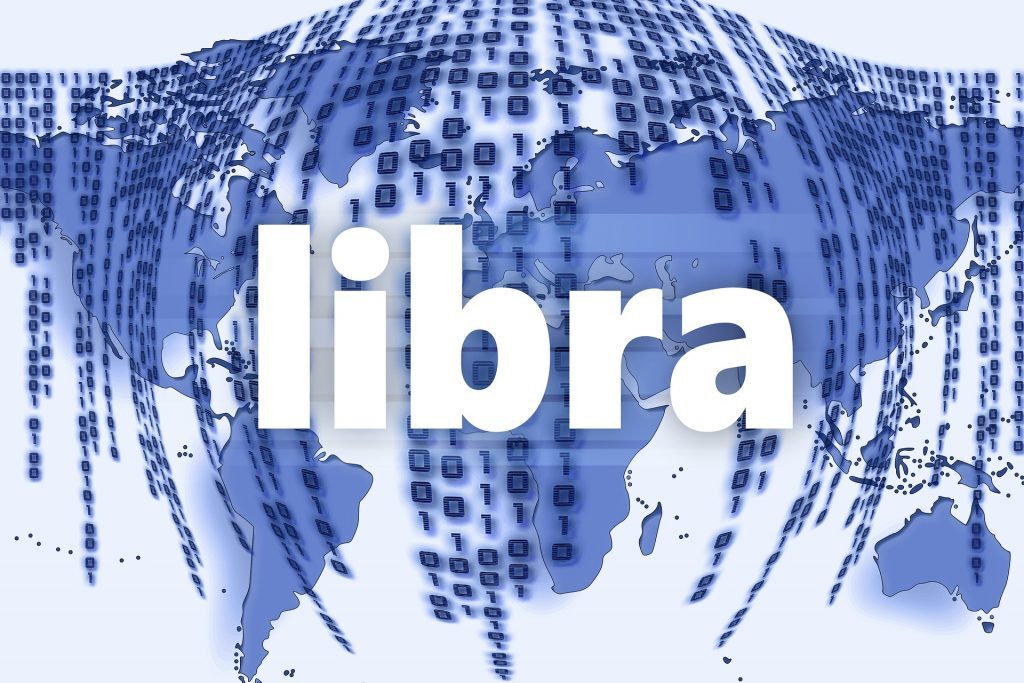What a difference younger, more tech-savvy public representatives have made to the US Congress. When Facebook appeared at hearings last year about the Cambridge Analytica scandal, a noteworthy theme – apart from CEO Mark Zuckerberg sitting on a booster cushion – was just how clueless the older lawmakers were about technology and how the internet really works.
This year it was different. A new generation of lawmakers, mostly Democrats, have a much better grasp of big tech and the unintended impacts it has on our lives, especially social media and monopolistic practises.
Alexandria Ocasio-Cortez – already an inspirational figure who thoroughly deserves to be a leader, despite some horrific recent criticism – captured the problems around Facebook in one question; “I believe we are here today because Facebook, which is a publishing platform, an advertising network, a personal telecommunications network, a surveillance corporation, a content distributor, now also wants to establish a currency and act through its wallet as – at minimum – a payment processor. Why should these activities be consolidated under one corporation?”
During hearings into Facebook’s new Libra cryptocurrency, she grilled David Marcus, the head of its Calibra wallet, which is how its users will interact with Libra. “So, we are discussing a currency controlled by an undemocratically selected coalition of largely massive corporations. Do you believe currency is a public good?”
Marcus, obviously, was unable to answer. There was no evidence of whether he needed a height-boosting cushion.
Another Democrat, Sherrod Brown, explained the last few years of scandals in a punchy sentence that dripped with Schadenfreude: “Like a toddler whose gotten its hands on a book of matches, Facebook has burned the house down over and over and called every arson a learning experience.”
That pretty much sums up every apology Zuckerberg has made. After every data breach, privacy scandal, right-wing racist, antisemitic, homophobic, pro-gun, Holocaust-denying rant, live-streaming of murders (most notably in Christchurch earlier this year) and unethical transgression, Zuckerberg grovels and says, as he did after Cambridge Analytica’s abuse of 87m people’s personal data: “I started Facebook, and at the end of the day I’m responsible for what happens on our platform.”
Or, as Wired summed it up: Why Zuckerberg’s 14-year apology tour hasn’t fixed Facebook”.
As news broke this month that Facebook would be fined $5bn by the US Federal Trade Commission – for breaking a 2011 consent decree with it to notify users of data breaches, which it clearly did not do after the Cambridge Analytica outrage – its share price rose. Therefore, Zuckerberg’s wealth increased after being fined for being dishonourable and not keeping his agreements.
Apple CEO Tim Cook recently said the technology “industry is becoming better known for a less noble innovation: the belief that you can claim credit without accepting responsibility”.
Without having to mention Facebook, he added: “It feels a bit crazy that anyone should have to say this. But if you’ve built a chaos factory, you can’t dodge responsibility for the chaos.”
In the immediate aftermath of the Cambridge Analytica expose, Zuckerberg wrote on his Facebook page: “We have a responsibility to protect your data, and if we can’t then we don’t deserve to serve you”. But don’t expect Zuckerberg to honour any of his promises to do better. He never does.
This column first appeared in Financial Mail




